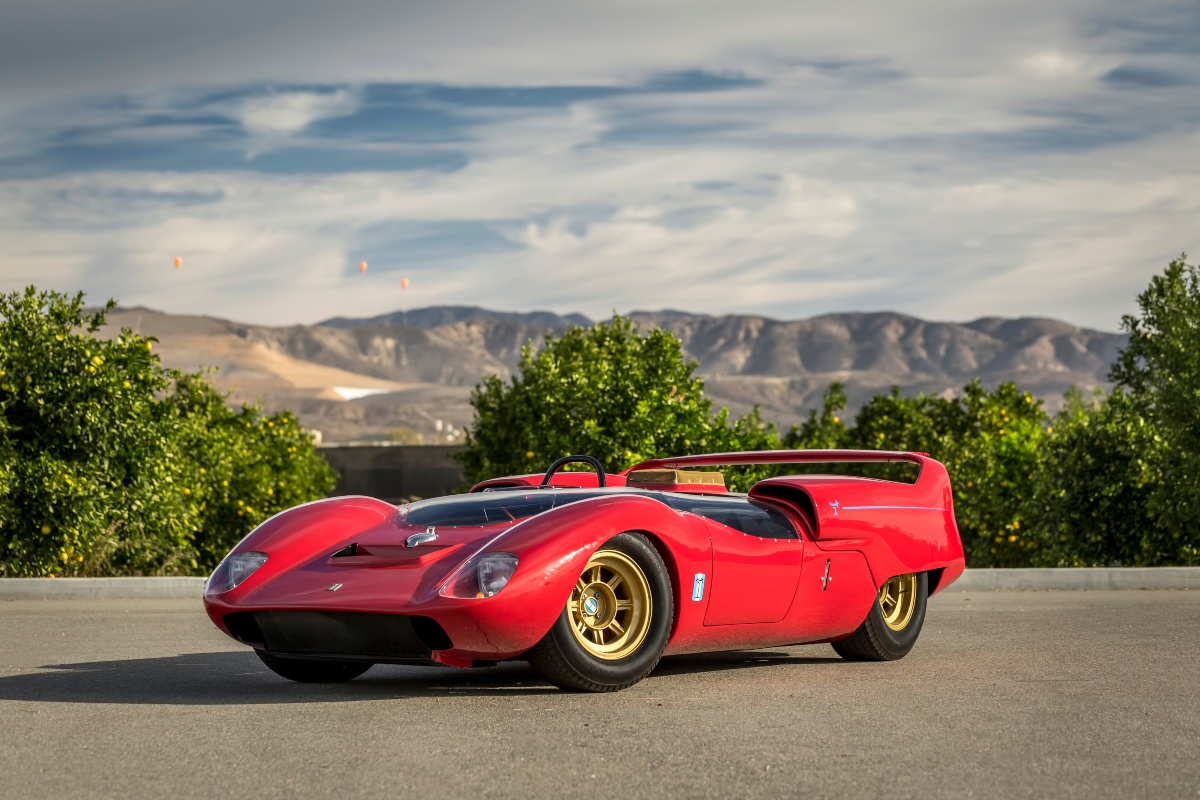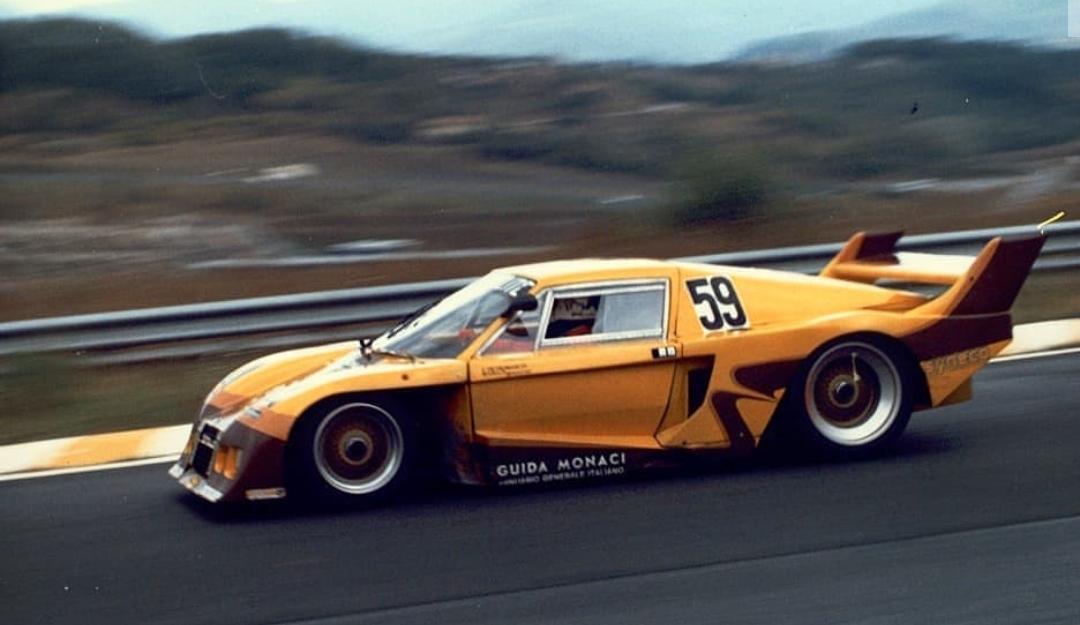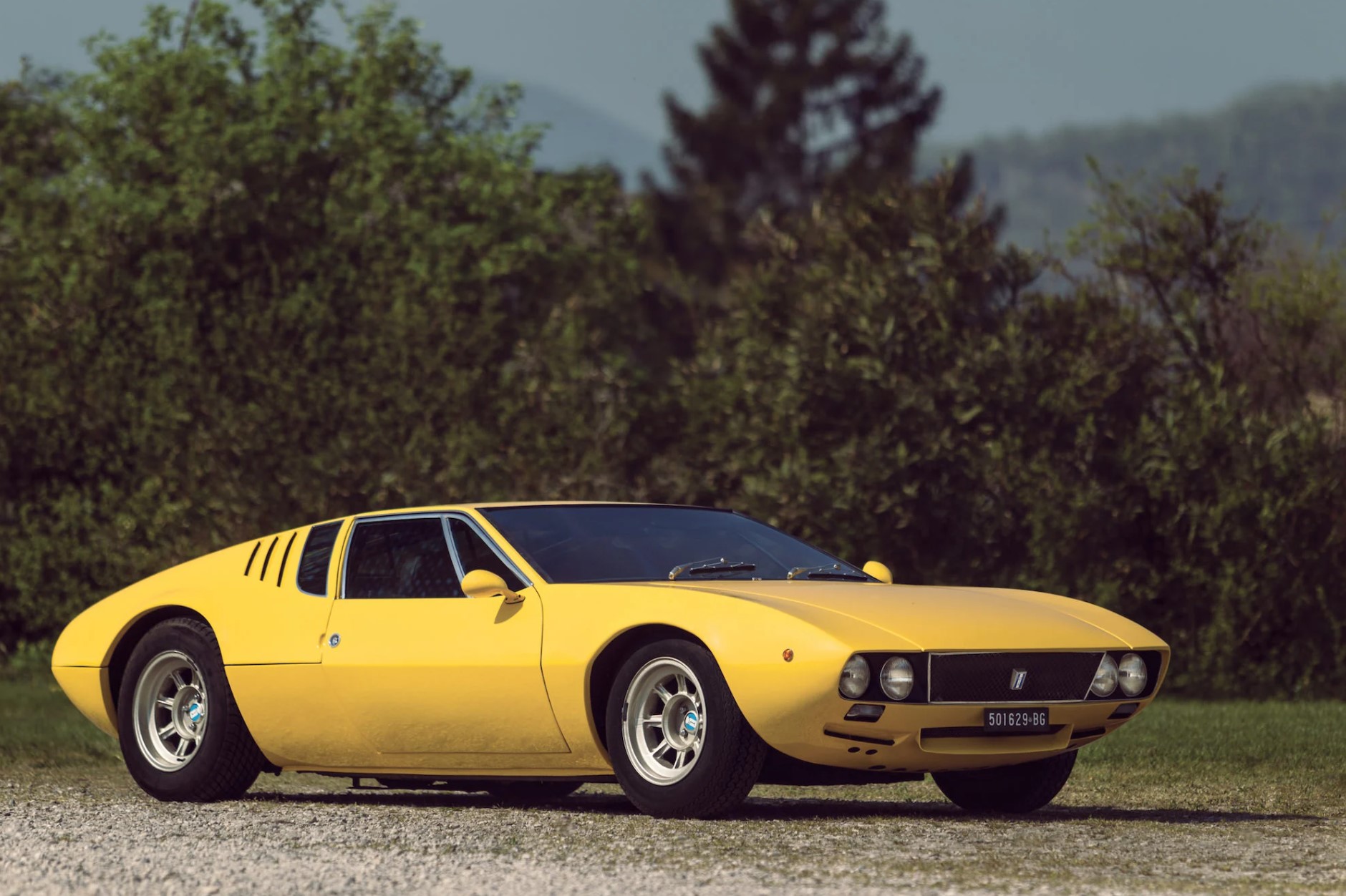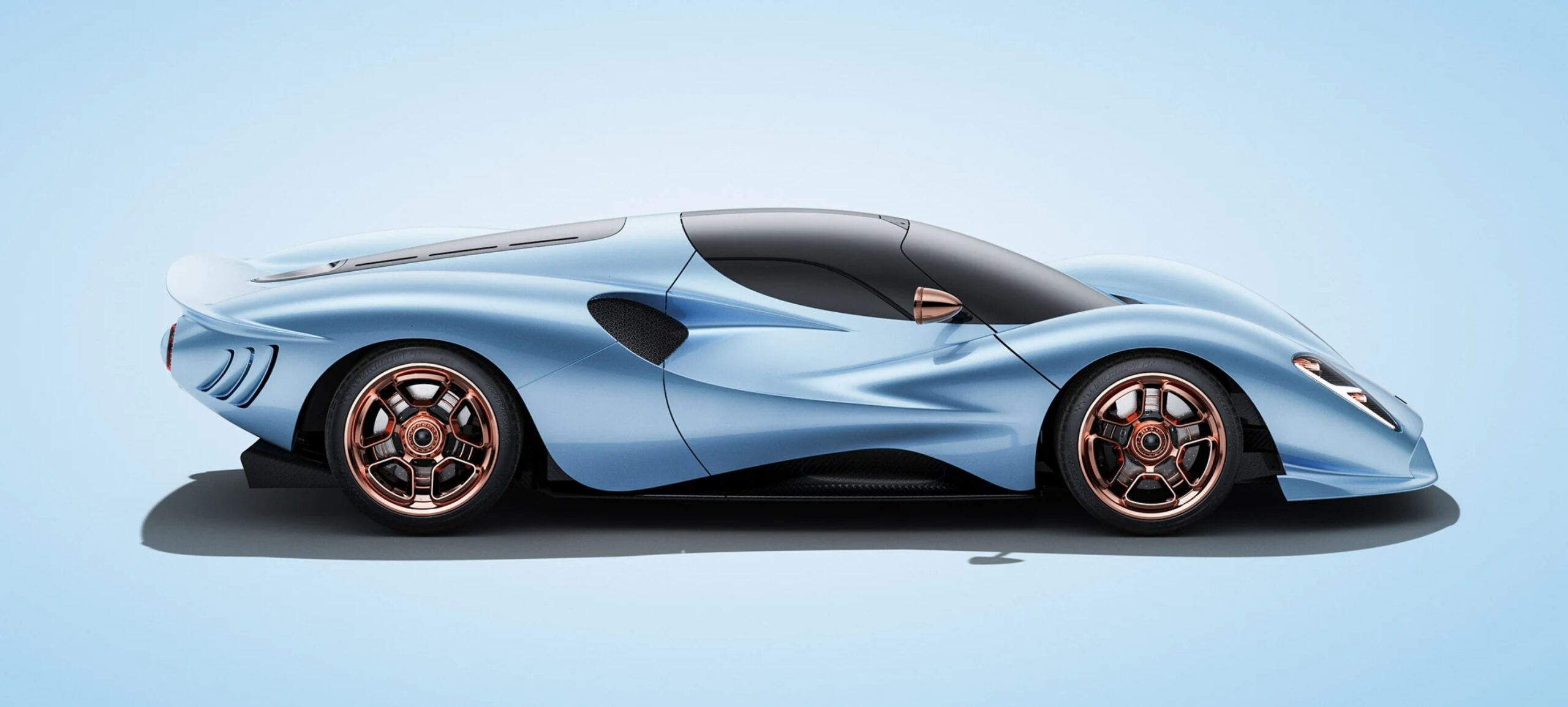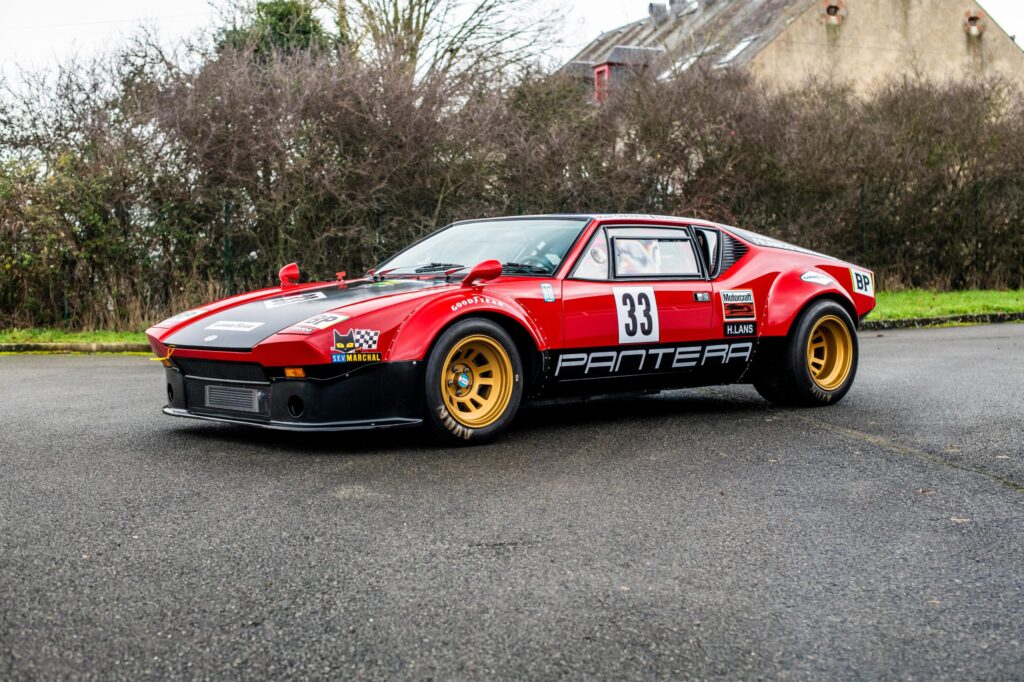De Tomaso
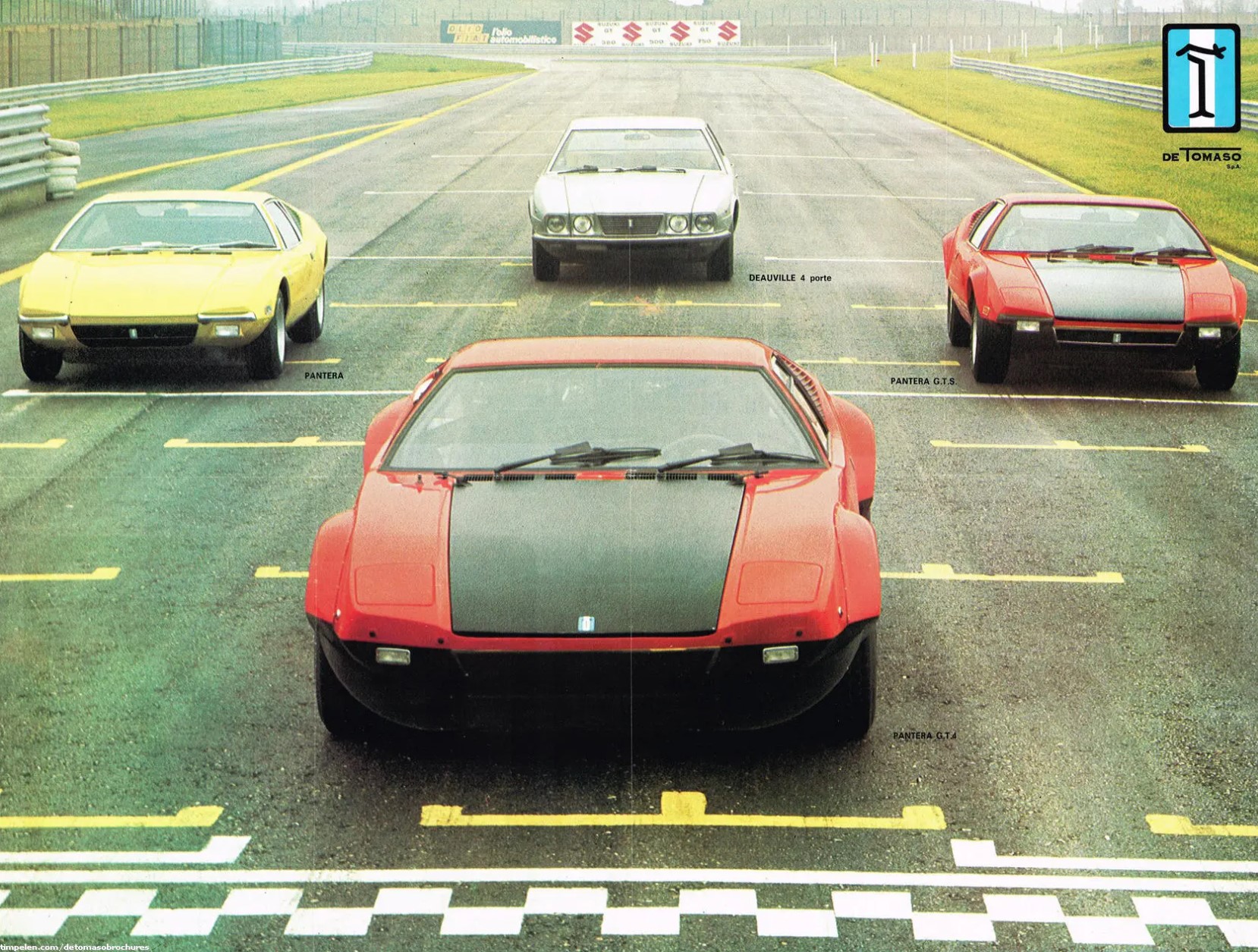
De Tomaso
Founded
1959
Founders
Alejandro de Tomaso
Country
Italy
Headquarters
Modena, Italy


De Tomaso
Founded
1959
Founders
Alejandro de Tomaso
Country
Italy
Headquarters
Modena, Italy
About this brand
Discover the history
De Tomaso, an Italian car manufacturer founded by Alejandro De Tomaso in 1959, is renowned for its distinctive sports and luxury cars that blend Italian style with performance. Alejandro De Tomaso, an Argentine-born entrepreneur and race car driver, launched the company with a vision of creating high-performance vehicles that would stand out in the competitive automotive market.
The brand’s initial focus was on producing racing cars. De Tomaso’s early models, such as the De Tomaso Vallelunga, introduced in the early 1960s, were notable for their innovative design and engineering. The Vallelunga was a lightweight sports car with a mid-engine layout, which became a hallmark of De Tomaso’s approach to automotive design. Its success on the track and positive reception from enthusiasts set the stage for future developments.
In the late 1960s and early 1970s, De Tomaso gained international attention with the introduction of the De Tomaso Pantera. The Pantera was a strikingly styled sports car that combined Italian design with American muscle. It featured a mid-mounted V8 engine sourced from Ford, which provided impressive performance and speed. The Pantera quickly became popular in the United States and Europe, earning a reputation for being both luxurious and powerful. It became a symbol of De Tomaso’s ability to blend performance with distinctive design, and it was produced in significant numbers, making it one of the brand’s most successful models.
De Tomaso’s involvement in motorsport was a significant aspect of its history. The company’s race cars, such as the De Tomaso Formula 1 and sports prototypes, competed in various racing categories, including Formula 1 and endurance racing. De Tomaso’s sports prototypes, like the De Tomaso P70 and the P212, were designed for endurance races such as the 24 Hours of Le Mans. These cars showcased the brand’s commitment to performance and innovation, although they faced stiff competition from more established manufacturers.
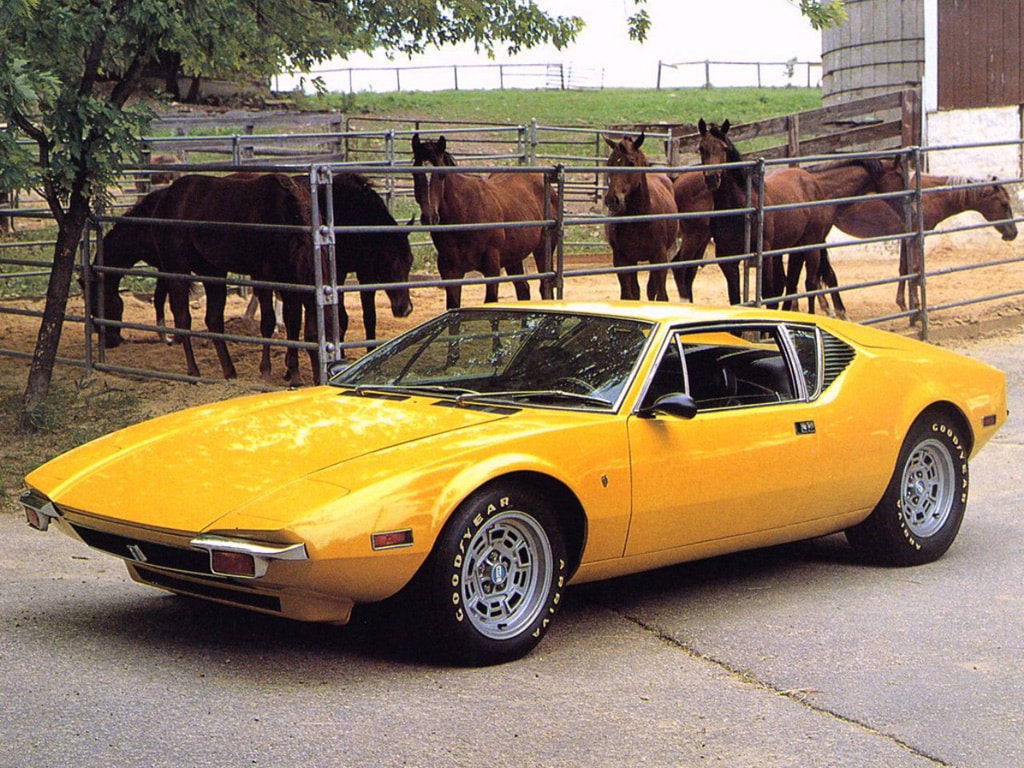
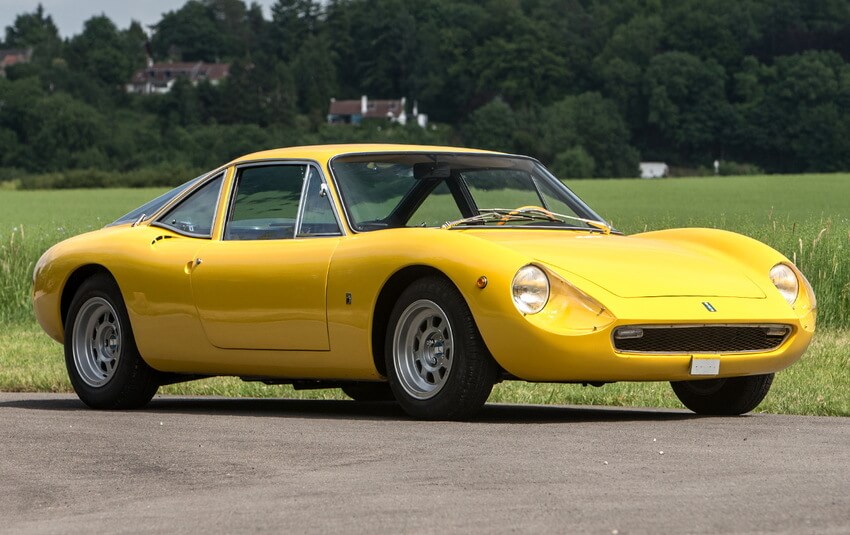
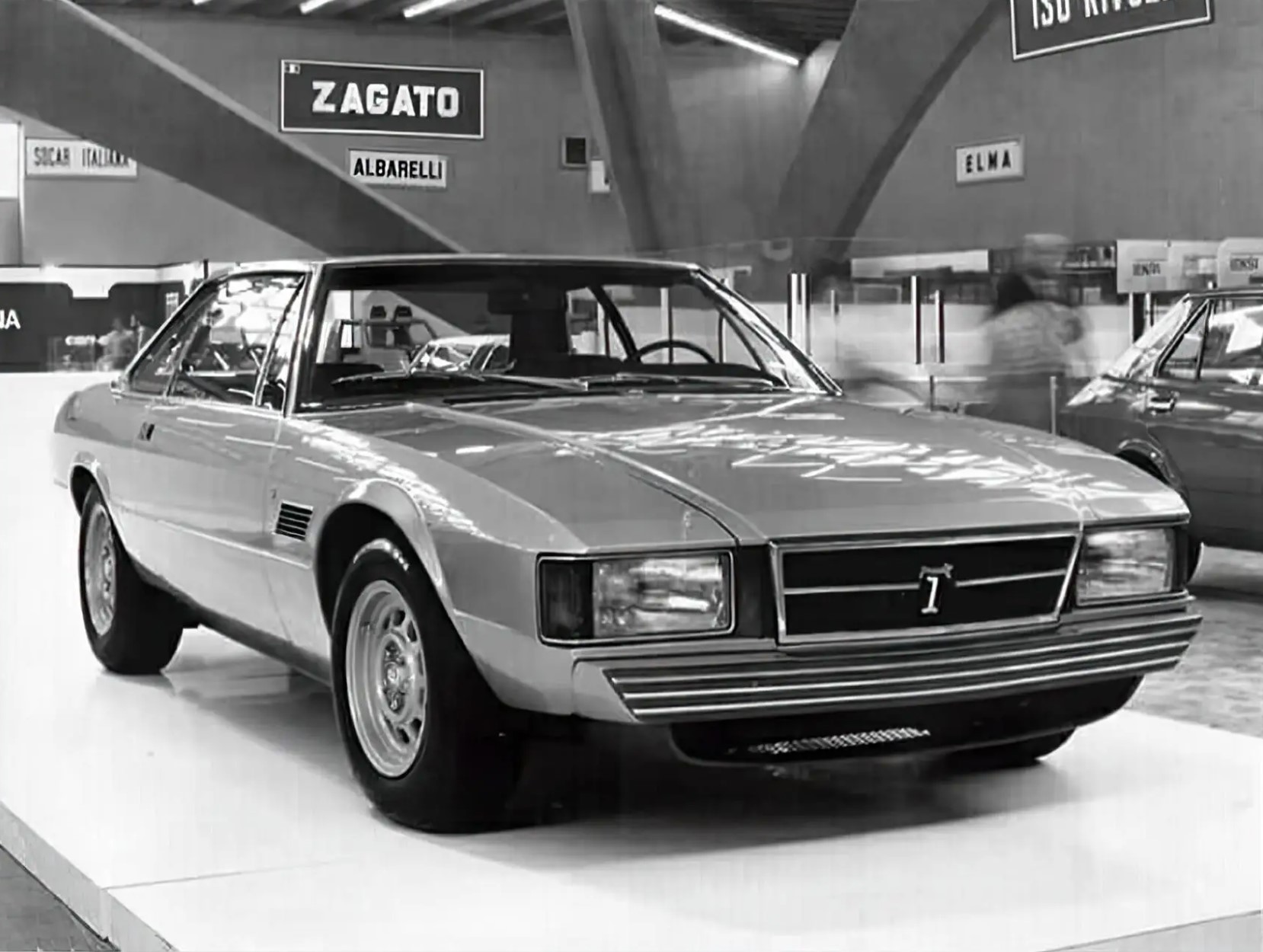
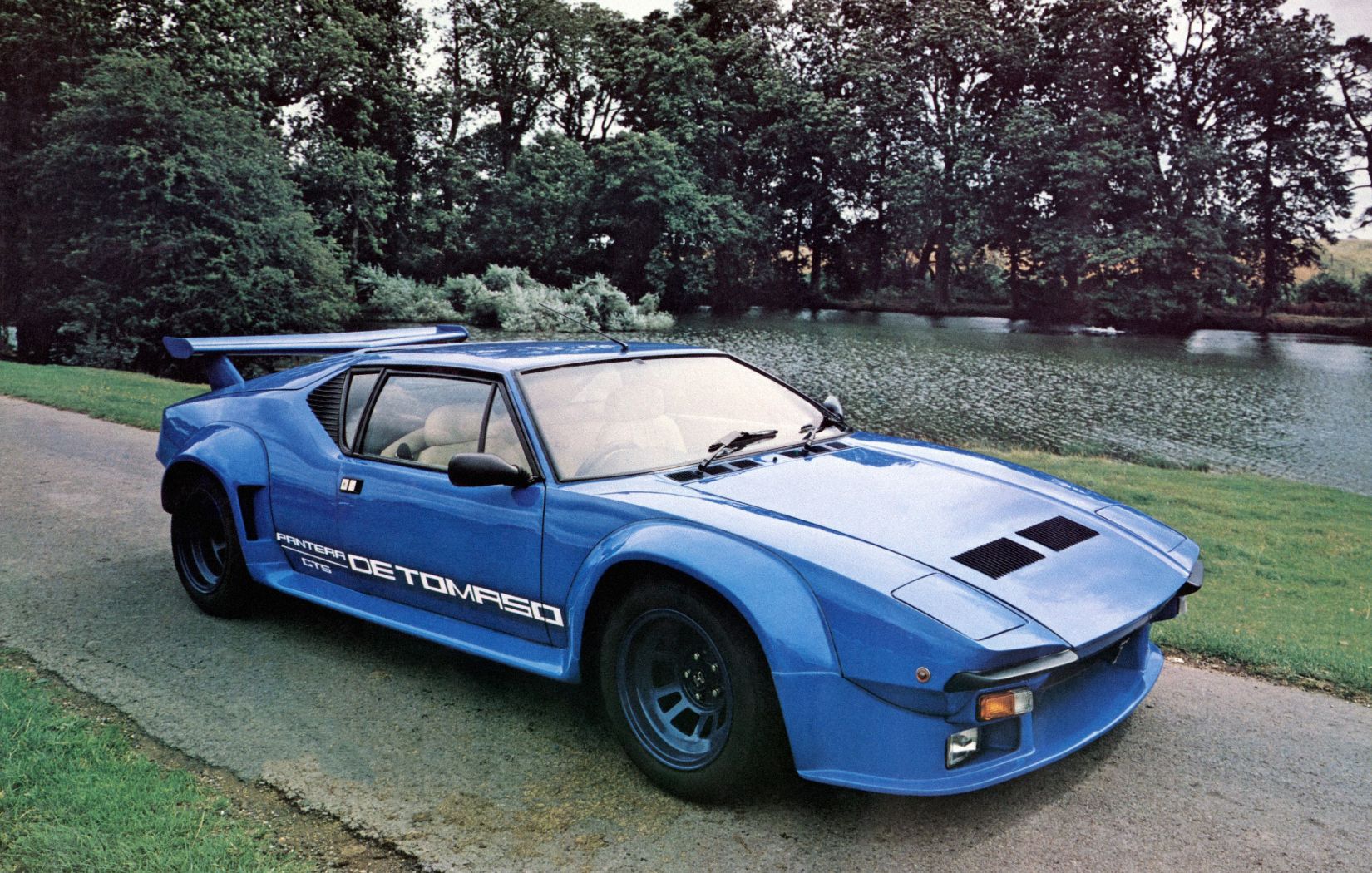
In the 1970s, De Tomaso also ventured into the luxury car market with models like the De Tomaso Longchamp, a grand tourer that combined elegance with performance. The Longchamp was designed to appeal to customers seeking a high-end driving experience, and it reinforced De Tomaso’s reputation for crafting high-quality, stylish vehicles.
Despite its success, De Tomaso faced various challenges over the decades, including financial difficulties and changes in ownership. The company’s fortunes fluctuated, and production of some models ceased as a result of these challenges. However, De Tomaso’s legacy as a maker of distinctive and high-performance cars continued to resonate with automotive enthusiasts.
In the 2000s, De Tomaso experienced a revival under new ownership, focusing on resurrecting some of its classic models and introducing new designs. The De Tomaso Pantera, in particular, was reimagined for modern audiences, reflecting the brand’s enduring appeal and commitment to performance.
Today, De Tomaso remains a celebrated name in automotive history, known for its unique blend of Italian design and engineering excellence. The brand’s cars, from the early Vallelunga to the iconic Pantera, continue to be admired by collectors and enthusiasts worldwide. De Tomaso’s impact on both motorsport and the luxury sports car market underscores its legacy as a pioneering and innovative automotive manufacturer.
